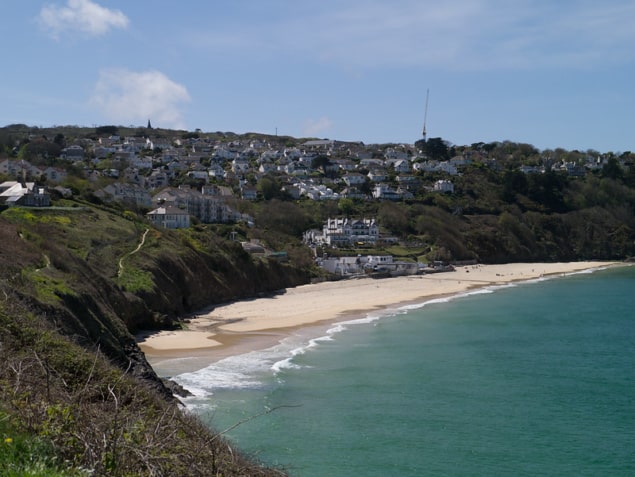
Global leaders must take “urgent” action to halve emissions of greenhouse gases and reverse the loss of nature by 2030. That is according to a group of 126 Nobel laureates – including physics laureates Georg Bednorz, Steven Chu, Konstantin Novoselov and James Peebles – and others who have released a statement claiming that “time is running out to prevent irreversible changes” to the climate. The document was presented to António Guterres, United Nations General Secretary, and British Prime Minister Boris Johnson just days before a meeting of leaders belonging to some of the world’s richest countries, known as the G7, which is taking place this weekend in Cornwall, UK.
The statement – co-signed by laureates from all Nobel disciplines as well as other eminent scientists from around the world – highlights several issues that need attention such as planetary health, inequality and technology. “The long-term potential of humanity depends on our ability today to value our common future,” it notes. “Ultimately, this means valuing the resilience of societies and the resilience of Earth’s biosphere.”
The statement – titled Our Planet, Our Future – was inspired following discussions during the first Nobel Prize Summit – a meeting hosted in late April by the Nobel Prize Foundation and organized by the National Academy of Sciences with the Potsdam Institute for Climate Impact Research and the Stockholm Resilience Centre and Beijer Institute of Economics.
“Humanity is waking up late to the challenges and opportunities of active planetary stewardship. But we are waking up,” the statement declares. “Long-term, scientifically based decision-making is always at a disadvantage in the contest with the needs of the present. Politicians and scientists must work together to bridge the divide between expert evidence, short-term politics, and the survival of all life on this planet in the Anthropocene epoch.” Nobel laureates claim European Commission set to slash photonics budget by 30%
Johan Rockström, director of the Potsdam Institute notes that the move by the laureates is a “loud and clear call” to humanity. “With one voice they conclude we face unacceptable risks,” he says.




